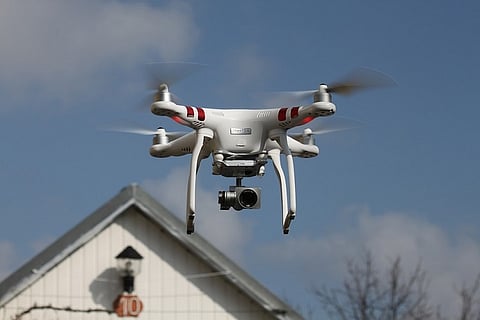

Though the government is moving at a slow pace as is wont, the applicants for operating drones for making local deliveries are hopeful that they will be able to begin their operations soon, possibly be early next year. The Director General of Civil Aviation (DGCA) has been entrusted with the authority and responsibility to scrutinise the applications and accord approval. Certain broad guidelines are already in place and it is based on these guidelines that some companies have evinced interest in embracing this technology of operating drones for civilian purposes.
As per information available in the public domain, there are three groups of applicants for starting their drone services. One is the food delivery block like Swiggy, Zomato and Dunzo; startups which employ people who make deliveries on their two-wheelers. The second groups has Zipline and Redwing. These two claim they have partnered with a couple of state governments like Maharashtra and Uttarakhand and they expect to deliver medicines and vaccines, blood packets etc. These will be emergency medical deliveries, particularly in remote and difficult to access locations. The third set comprises Tata Advanced Systems and Honeywell. Their intent and purpose for going in for a drone licence are not evident yet.
All these will be interested in flying what are called BVLOS drones, which stands for beyond visual line of sight. These drones typically have long range.
DGCA has constituted a committee, the BVLOS Experiment Assessment and Monitoring (BEAM) committee to oversee the test flights being undertaken and then all members of this committee will have to sign on the approval form so that DGCA can rely on their report and issue the licence. It appears, the members of this BEAM committee have not been able to get together to complete the formalities. This has delayed the process. The plan earlier was to complete these trials by the end of this year so that the approved agencies could start by early 2020. That timetable has definitely been delayed now. At the application stage itself, the DGCA has called for additional information from the applicants. Already 27 applications have been rejected, it has been reported.
Despite these delays, there is hope that the drones will start flying in the Indian skies within a matter of months.